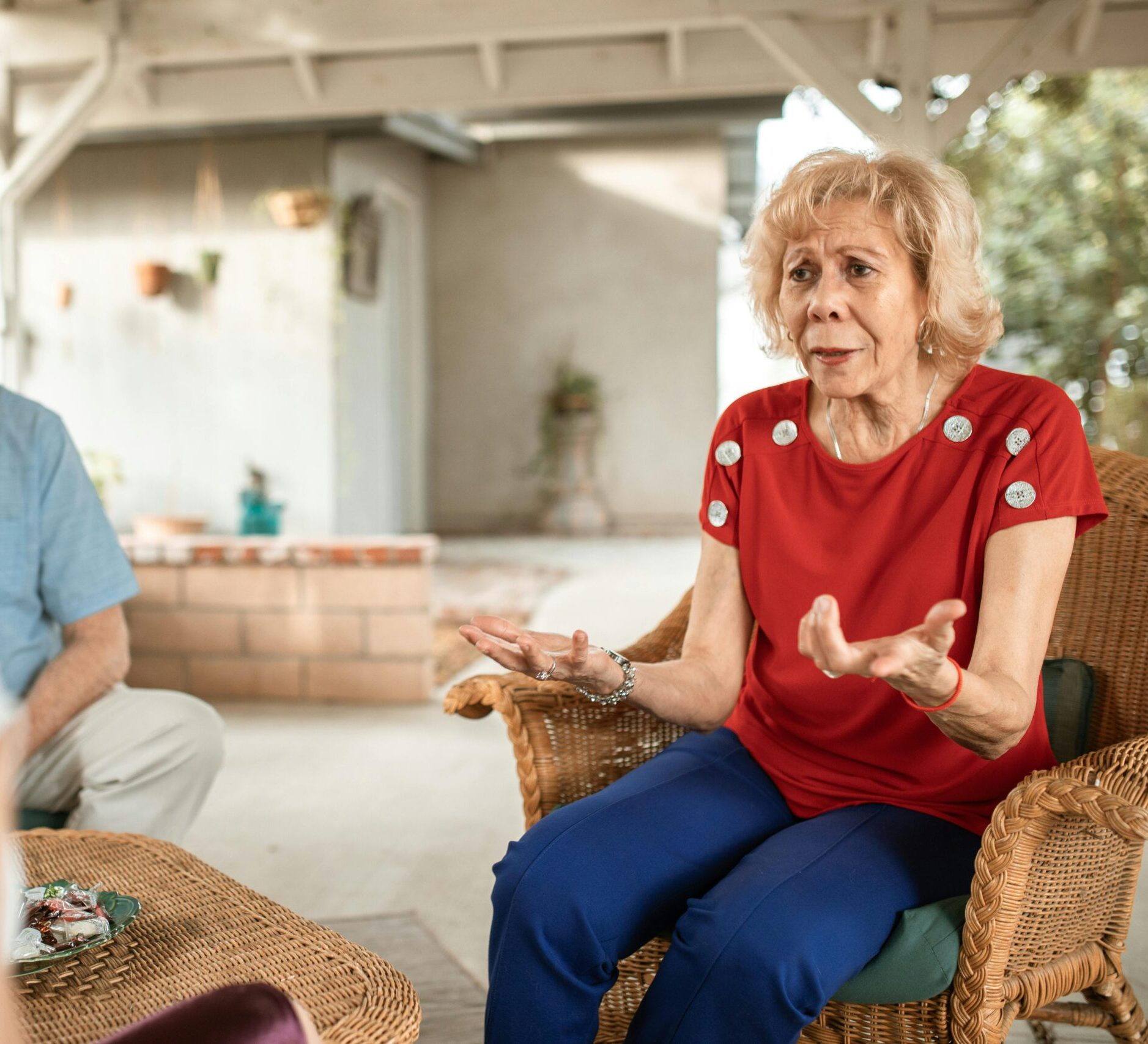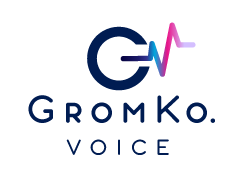Expression is Non-Negotiable

Imagine this: you are widely considered an authority in your family and job and have always been their rock. Then you are suddenly dropped in a place that uses a language you don’t know of and have to fend for yourself without a translator app or guidebook. You can’t ask any questions. You can’t express your needs. You can’t refuse when others insist they know better for you and place you in an asylum because to them, you’re crazy or incompetent.
OK, that may sound hyperbolic, but I have seen it happen to my patients. A stroke victim is frustrated out of their minds because their family thinks they have lost their intelligence and starts talking to them like a baby. But their intelligence and thoughts are all there. They just became disconnected from their language centers of the brain and caused aphasia. Of course I continuously educate the family on the nuances of this complicated disorder, but it doesn’t always sink in. When I give the patient individual therapy, the first things they want to learn to say are “No,” and “Hang on, I know what I want to say.”
Take now a young adult who has decided not to talk in public for years. They were made fun of as a kid for being “weird,” then they hit the universal trauma of puberty and hear their voice change into someone they could never imagine being. Then THEY think they sound “weird” and would never dare expose themselves to the same people who picked on them as children. The result is a quiet, mumbled, unhealthy voice that hurts to use, even when they choose to express themselves. Now they require extensive therapy to bring their voice back to health and find a way to speak that doesn’t repulse them. They need a trusted guide to whom they can feel comfortable exposing themselves, baring their souls, without any fear of ridicule. Yet taking this brave step may help them find their voice they never thought could exist.
Communication is the single most important need for maintaining quality of life. If any of the population can’t reach the help they need, they will forever be misunderstood and will likely withdraw from society, suffer from depression, and, as has been shown in research to increase without affirming care, attempt suicide.
We are in imminent danger of losing a necessary part of our fully-realized society if we don’t recognize:
• Speech-language pathologists can and should help.
• Some of us have lived experience and specialize in trauma-informed care.
• Some of us are actively monitoring and evolving our own cultural-sensitivity to be better and better clinicians.

